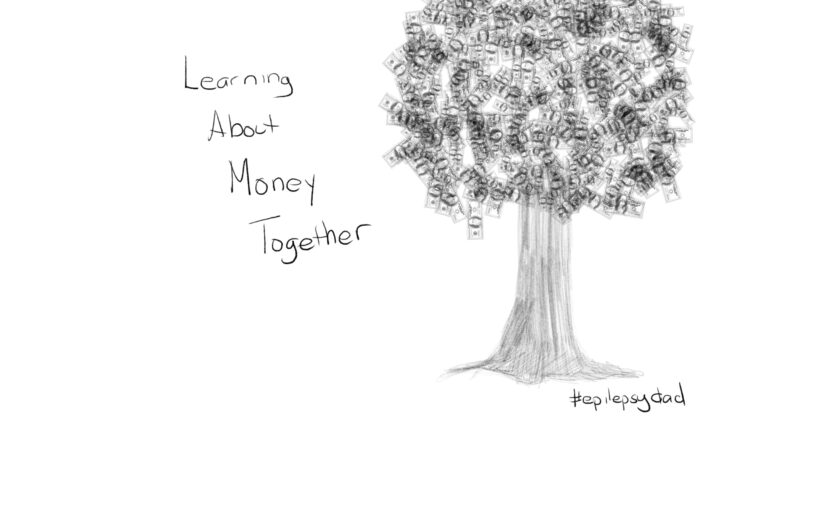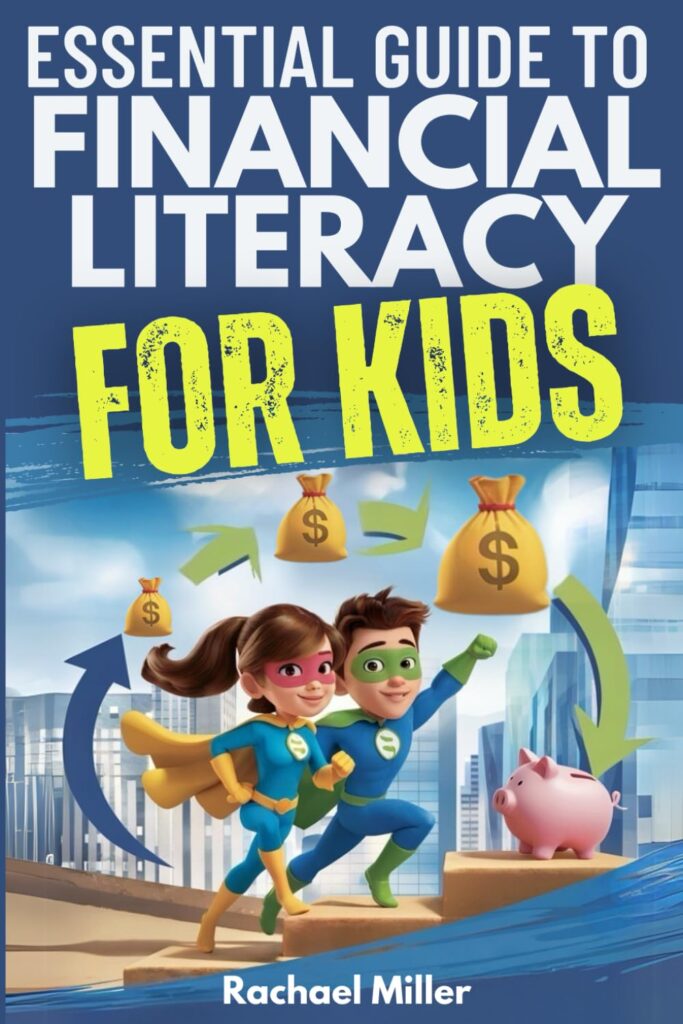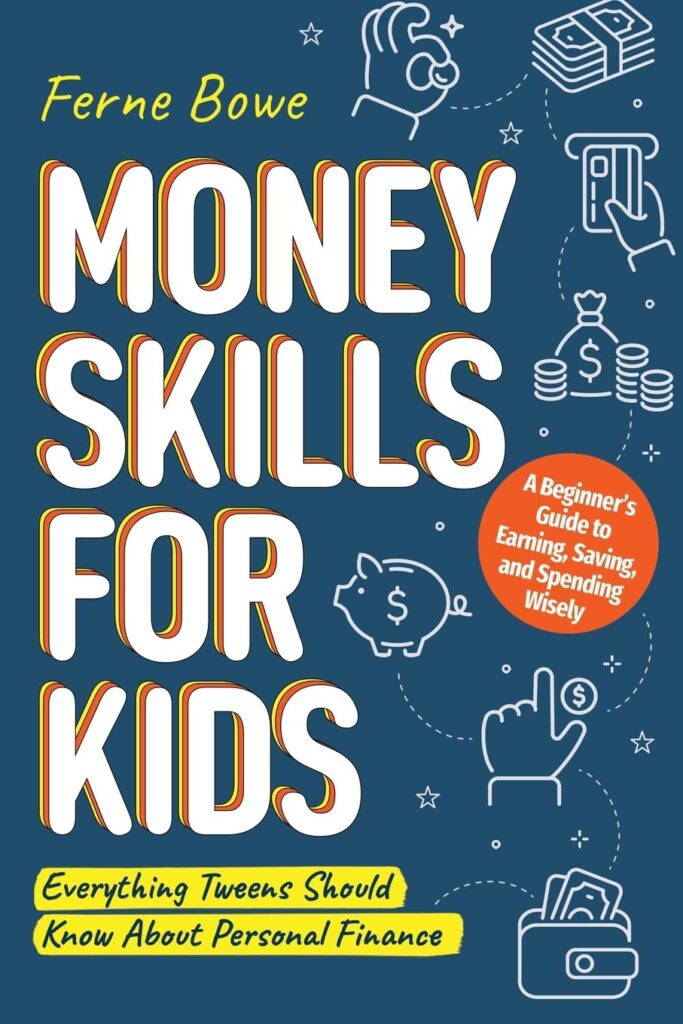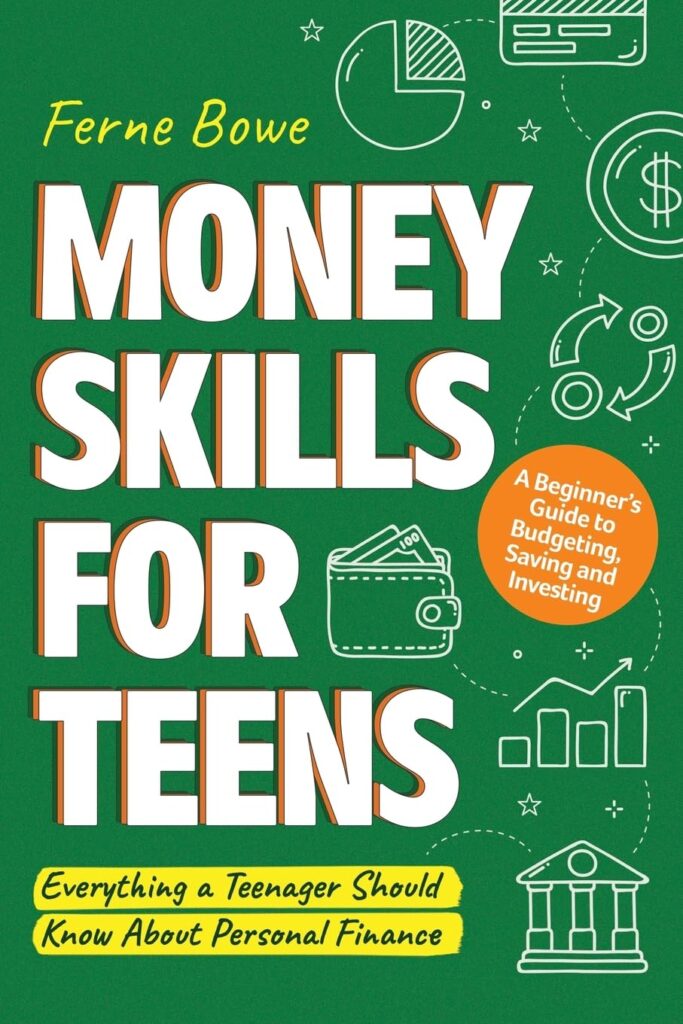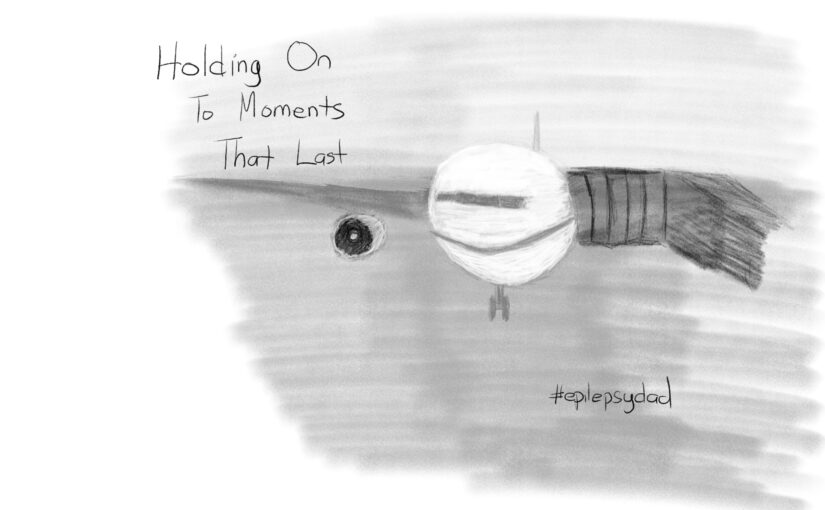I was never taught about money.
To be fair, we didn’t really have any growing up.
My first exposure to it was when I was around seven years old. We lived in a row of apartments, and an elderly lady at the end of our block would occasionally open up a roll of coins, usually pennies or nickles, and toss them into the air and watch the neighborhood kids scramble to grab as many as they could.
Did I save any of these coins?
Of course not. As soon as we were done, we would walk to a corner store and buy candy or, after an unusually heavy haul, a comic book.
That’s how I dealt with money most of my life. If I had it, I would spend it.
That pattern continued when I started working at 15. I had no concept of saving, or budgeting, or investing. I wasn’t worried about the future. I would get paid, deposit my check, and the money would be gone before I got paid again.
Over time, what I spent my money on changed. When I got a car, more of my money would go towards gas. When my insurance was due, it was usually a scramble to scrape together the money. But then I’d have another carefree six months before I had to worry about it again, rather than learning the lesson and planning.
When I was 18, I moved into an apartment and began paying rent. I was so eager to be on my own that I signed a lease for an apartment I could afford, without considering how far it was from where I worked, and the extra driving and gas costs were brutal.
Eventually, I borrowed money from a friend who was much better with his money. Except, of course, for his decision to lend me money. I was in a bad place financially and emotionally and, rather than owning up to it, skipped town when I joined the Army. One of the most embarrasing moments of my life was when my parents called to tell me that my friend, who lived across the street from them, asked where I was and told them that I owed him money. They paid him and told me that I had to pay them back. I felt like such a failure.
The Army provided me with a regular paycheck and discipline, but not financial discipline. I was still only 19 and made countless poor relational and financial decisions, leaving me with nothing when I left active duty four years later. I found myself back in Florida, living with my parents, and starting over.
Through serendipity and a strong computer background, I eventually landed my first professional job, with a steady income, benefits, and a retirement plan. Of course, I didn’t contribute to it because I was in my 20s. But I was able to move into an apartment that was close to my job and new friends and started my new life.
I was part of a group of young professionals, single with disposable income, and money became a way to feel good. Spending money on others — picking up the tab for dinner, drinks, or events — was how I showed people I cared. Or maybe it was what I felt I had to do to keep friends. I’m still trying to unpack that with my therapist.
With a good income, it was easy to get a credit card and even easier to spend more than I had, because I always felt I had enough to make a payment. The first time I felt overwhelmed by debt, it was awful. My finances and my emotions were intertwined, and my financial situation reflected how I felt about myself. I struggled for awhile, but managed to crawl my way out of it.
The first time I paid everything off felt amazing. It was like air had oxygen in it for the first time in years. But the habits I developed to get out of debt didn’t stick. I reverted to my old habits. I got stuck in a cyclical pattern of spending, shame, remorse, recovery, repeat. As my income grew, so did my spending. And when I got married and we had our son, things went exponential.
Over the last year, we’ve become more intentional. A big motivation is that we don’t know what our son’s future earning potential will be, and it’s possible that, in addition to always supporting him, whatever financial legacy we leave him will have to carry him through the rest of his life.
The other reason is that if he can have a job and a career, I want him to have a much better financial foundation than I did. I want to model the right behaviors for him, normalize conversations about money, and give him every chance at financial success that I can.
We’ve begun reading books together about financial literacy and wellness. We set up a Greenlight card for him to gain experience with spending responsibly, saving intentionally, and investing wisely. And we’re doing it together because that will give us a common language to talk about money and healthy habits we can practice together.
Talking about money used to fill me with shame. Now, it’s become one of the ways my son and I connect. These are some of the books that helped us start those conversations — and the Greenlight card has made it easier to turn those lessons into real-world experience.

